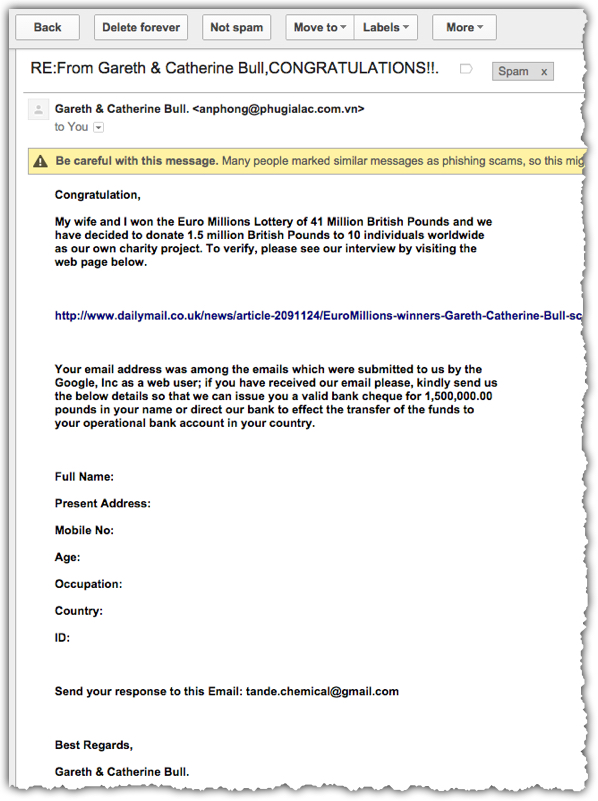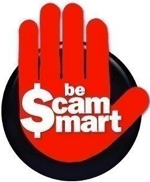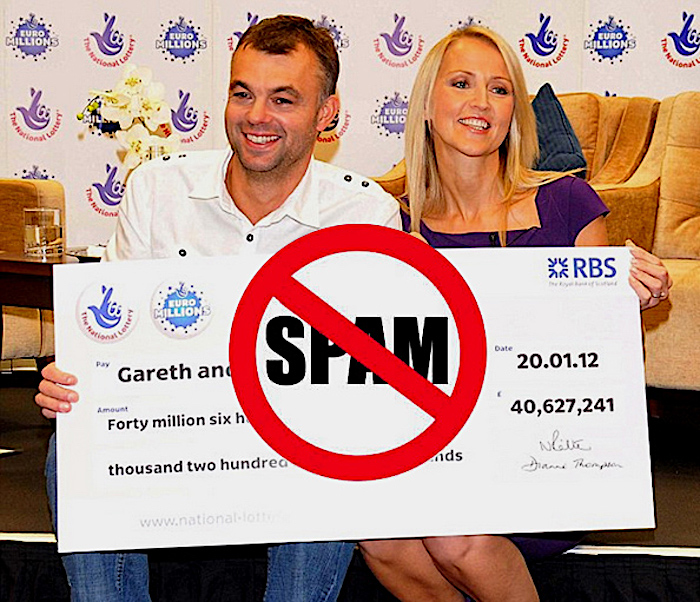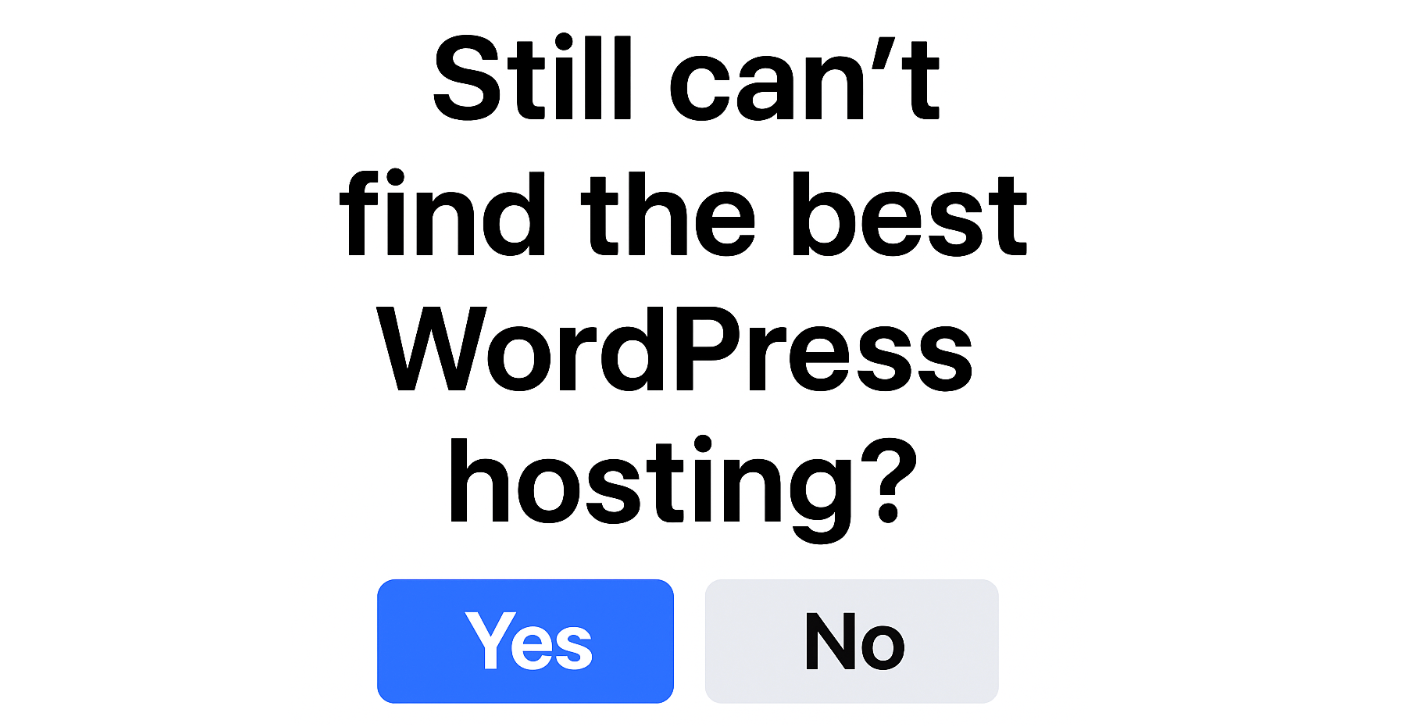These Euromillions Winners Emailed Me £1.5 Million, But Then I took A Closer Look
/EuroMillions winners Gareth and Catherine Bull are NOT sending out emails giving you US$1.96 million.
There’s an an email been doing the rounds recently, where 2012 Euromillions winners Gareth and Catherine Bull say they have too much money.
So they have selected 10 of us to give £1.5 million (US$1.96 million) to as their charity project from a £40 million jackpot.
Here's the offer I received:

Take Note: The only facts that are correct in this email is that the Bulls are EuroMillions winners. Nothing else.
It is a lottery scam and the email should be deleted and forgotten.
Every month dozens of these email senders try to extract information from unsuspecting recipients, and they are all fake.

If you search the net for 'lottery scam' you'll find many websites that list all the scams in some detail, but there is a simple answer to finding out whether they are true or not.
Very few lotteries will contact you by email to announce your win, or request personal information from you.
You can safely assume that no email will be genuine, despite that fact they might have a lotto logo in the headers, or use official-sounding words.
The scam website FraudAid has a page which identifies the parts of such a letter, but it's safe to assume ALL emails should be disregarded.
Here's some advice from FraudAid about identifying lottery scam letters. They say the letter or email is a scam if:
You did not buy a ticket. You HAVE to buy a ticket to win a lottery.
You can't find the lottery name except on sites listing scam emails.
The lottery name is a company. Lotteries are not sponsored by merchants except through a Sweepstakes. Sweepstakes are sometimes referred to as free lotteries.
The letter says the lottery is sponsored by an individual, like Ted Turner or the Sultan of Brunei. Lotteries are not sponsored by individuals.
You do not live in the lottery country and you are not a citizen of the lottery country. Most lotteries are only open to residents of the country, state, or province in which the game is played.
You were told that your email address won in a random email drawing. No one is allowed to use your email address without your specific permission.
You did not register your name, street address, email address, phone number, and a credit card BEFORE you were allowed to buy a ticket on an online pay-to-play lottery web site.
You won because you participated in surveys. Legitimate surveys do not buy lottery tickets for you. Surveys that promise lottery tickets are ID Theft scams.
Stay safe by being cautious and always check with official lottery websites first if you are in any doubt.
RELATED: $100,000 Lost To Lottery Scam By 93 Year-Old Retired Nurse And How You Can Avoid Being Duped






































